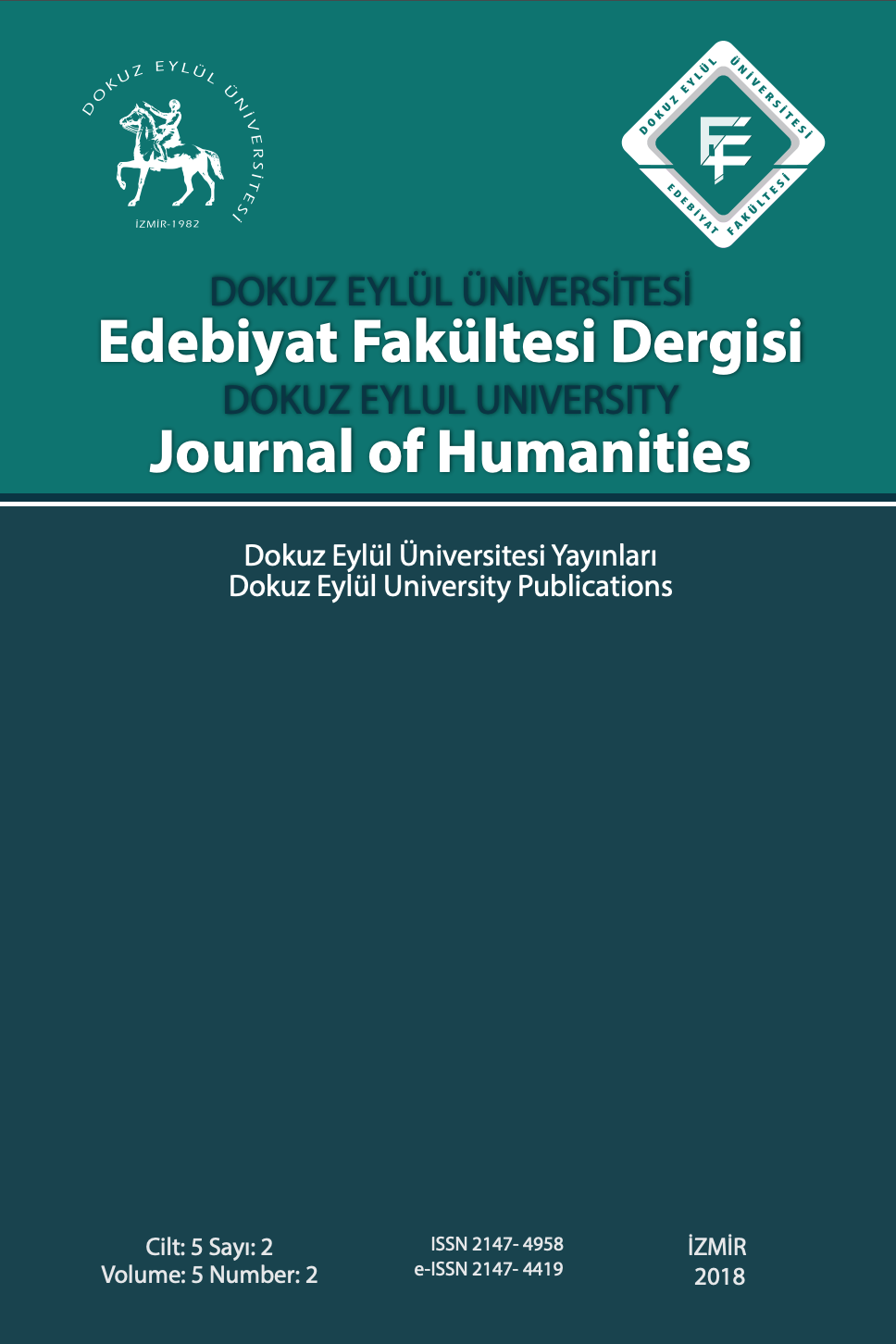GÜNDELİK DİL FELSEFESİNİN WİTTGENSTEİNCI BİR SAVUNMASI
Aile benzerliği, Dil Oyunları, Yaşam Biçimi, Wittgenstein, Düşünce deneyi
A WITTGENSTEINIAN DEFENSE OF ORDINARY LANGUAGE PHILOSOPHY
Family resemblance, language game, thought experiment, form of life,
___
- Ayer, A. J. (1952). Language, Truth and Logic. New York: Dover.
- Cavell, S. (1972). ‘Must we mean what we say?’. In C. Lyas (Ed.), Philosophy and Linguistics (pp. 131-165). London: Macmillan / St Martin's Press.
- Fodor, J. & Katz, J. J. (1972). ‘The availability of what we say’. In C. Lyas (Ed.) Philosophy and Linguistics (pp. 190-203). London: Macmillan / St Martin's Press.
- Henson, R. (1972). What We Say. In C. Lyas (Ed.), Philosophy and Linguistics (pp. 204-222). London: Macmillan / St Martin's Press.
- Gale, R. (1991). On Some Pernicious Thought-Experiments. In Horowitz, T. & G. Massey (Eds.), Thought Experiments in Science and Philosophy (pp. 297- 303). Savage, MD: Rowman and Littlefield,
- Gellner, E. (1968). Words and Things. London: Penguin
- Gendler, T. S. (2000). Thought Experiment: On the Powers and Limits of Imaginary Cases. NY: Garland Press
- Russell, B. (1953). The Cult of ‘Common Usage’. The British Journal for the Philosophy of Science, 3(12), 303-307.
- Uschanov, T. P. (2002). Ernest Gellner's Criticisms of Wittgenstein and Ordinary Language Philosophy. In G. Kitching & N. Pleasants (Eds.), Marx and Wittgenstein: Knowledge, Morality and Politics (pp. 23-46). London: Routledge.
- Wittgenstein, L. (1965). The Blue and the Brown Books. New York: Harper and Row Wittgenstein, L. (1972). On Certainty (G. E. M. Anscombe & G. H. von Wright, Eds.; D. Paul, Trans.). New York: Harper and Row.
- Wittgenstein, L. (1999). Philosophical Investigations (G. E. M. Anscombe, Trans.; 2nd edition). Oxford: Blackwell.
- ISSN: 2147-4958
- Yayın Aralığı: 2
- Başlangıç: 2011
- Yayıncı: Dokuz Eylul Üniversitesi Matbası
FEYERABEND’DEN ELEŞTİREL TASARIMA ÇOĞULCULUK İLKESİ: TÜM BİLİMLERİ VE BİLİM DIŞILARI AÇIN!
BİYOİKTİDARIN PANZEHRİ OLARAK BİYOPOLİTİKA
GÜNDELİK DİL FELSEFESİNİN WİTTGENSTEİNCI BİR SAVUNMASI
SABAHATTİN ALİ’NİN ROMANLARINDA DEVLET MEMURLUĞU VE MEMUR ODALARI
YİĞİT BENER’İN ANOMİK BABALARI:ACI PORTAKAL
LARRY BENSKY’NİN HAROLD PINTER İLE RÖPORTAJININ BİÇEMSEL BİR İNCELEMESİ
